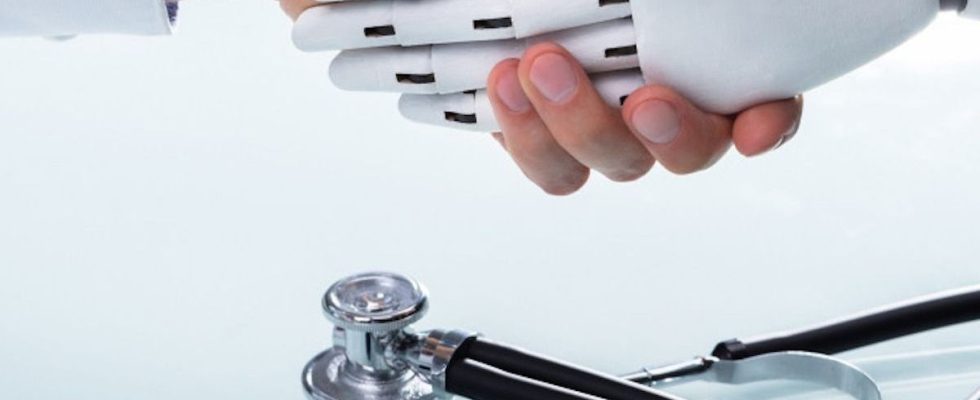Published on
Updated
Reading 2 mins.
Google is currently experimenting with an intelligent conversational robot specializing in medical diagnostics in several American clinics. The goal is to quickly orient patients and answer questions about their symptoms. It in no way replaces doctors, but can assist them in their search for a diagnosis.
Artificial intelligence continues to invest in the hospital environment through an experiment conducted by Google in establishments at the Mayo Clinic in Minnesota. The Med-PaLM-2 chatbot was indeed designed to be able to answer medical questions and offer a diagnosis based on various symptoms. In addition, the chatbot can perform more administrative tasks, such as organizing data or summarizing a patient’s medical file. The study of X-rays is already a declared future objective to be achieved.
This specialized chatbot is based on a linguistic model fed by medical documentation as well as a series of questions/answers from medical examinations. This makes it a much more powerful and reliable tool in the medical field than a less elitist chatbot such as ChatGPT. The chatbot, although it obviously does not replace a real doctor, can nevertheless provide information to a patient and direct him to a dedicated service. He can also speed up the diagnosis by directly assisting the doctor during a consultation.
Optimizing patient well-being
It should be understood that Med-PaLM-2 is still in the development stage and is only partially used here. Regarding medical secrecy and shared health data of users, Google explains that all these exchanges are encrypted and used exclusively at the local level, which means that at no time does the company have access to this confidential information.
Note that the same Mayo Clinic is also experimenting, again with Google, with an AI-automated head and neck radiotherapy management model. An algorithm here strives to reduce the time needed to plan treatment for localized head and neck cancers. The goal is to optimize the sessions for the well-being and recovery of the patients. For this, the artificial intelligence model put in place was trained on several hundred cases from Mayo Clinic patients suffering from this type of cancer who had already received treatment. Even if artificial intelligence is often a source of fear, it is also the subject of many hopes in terms of health among the general public.
